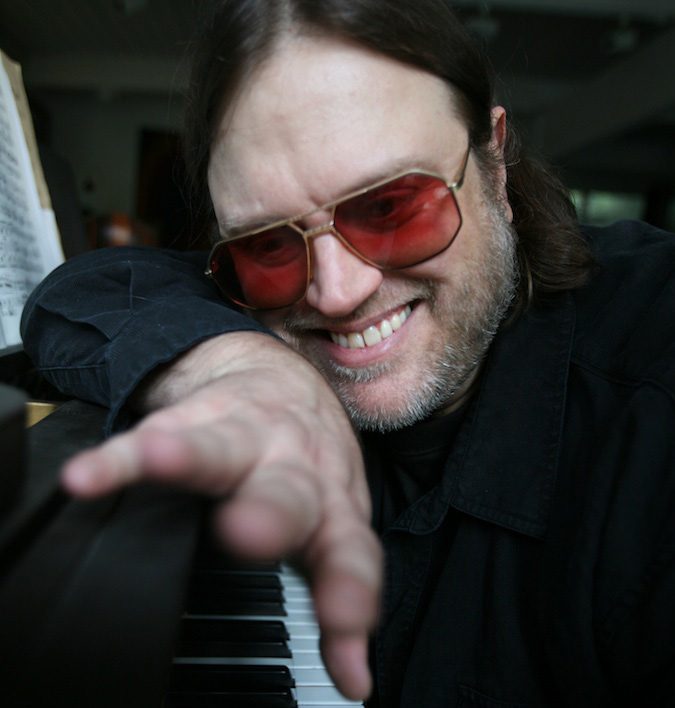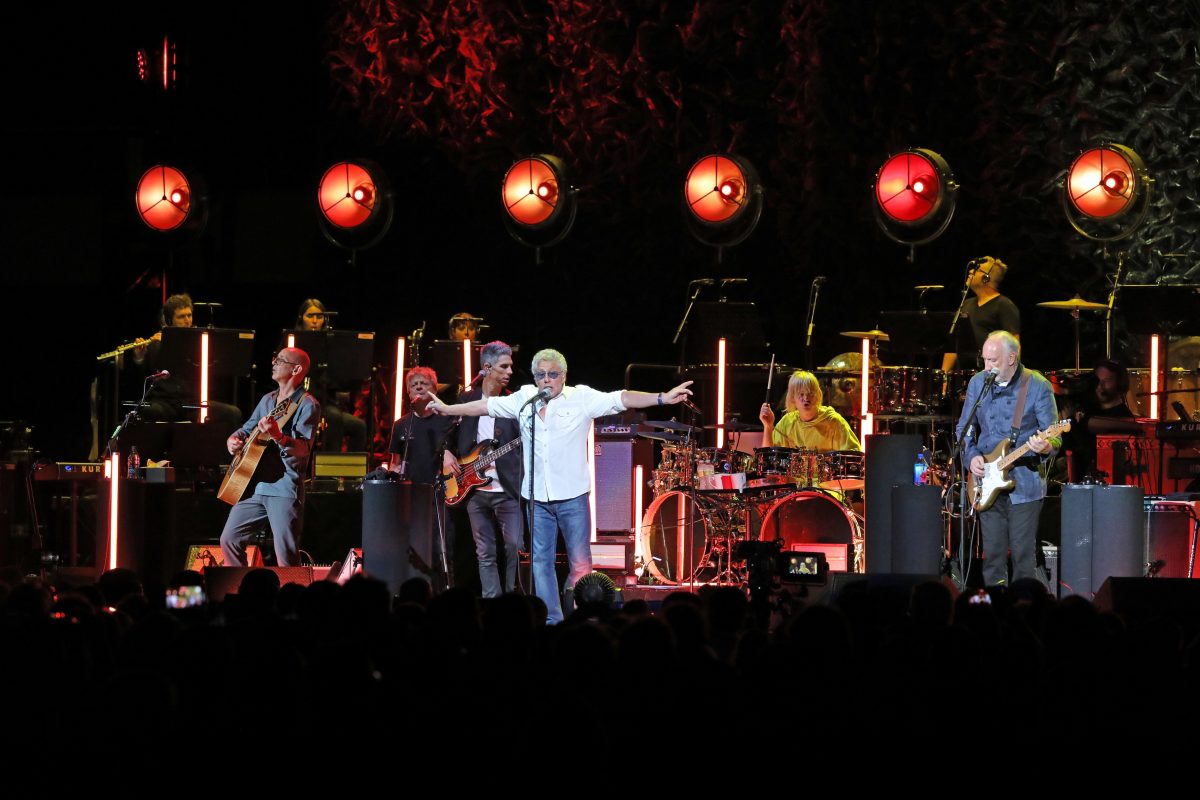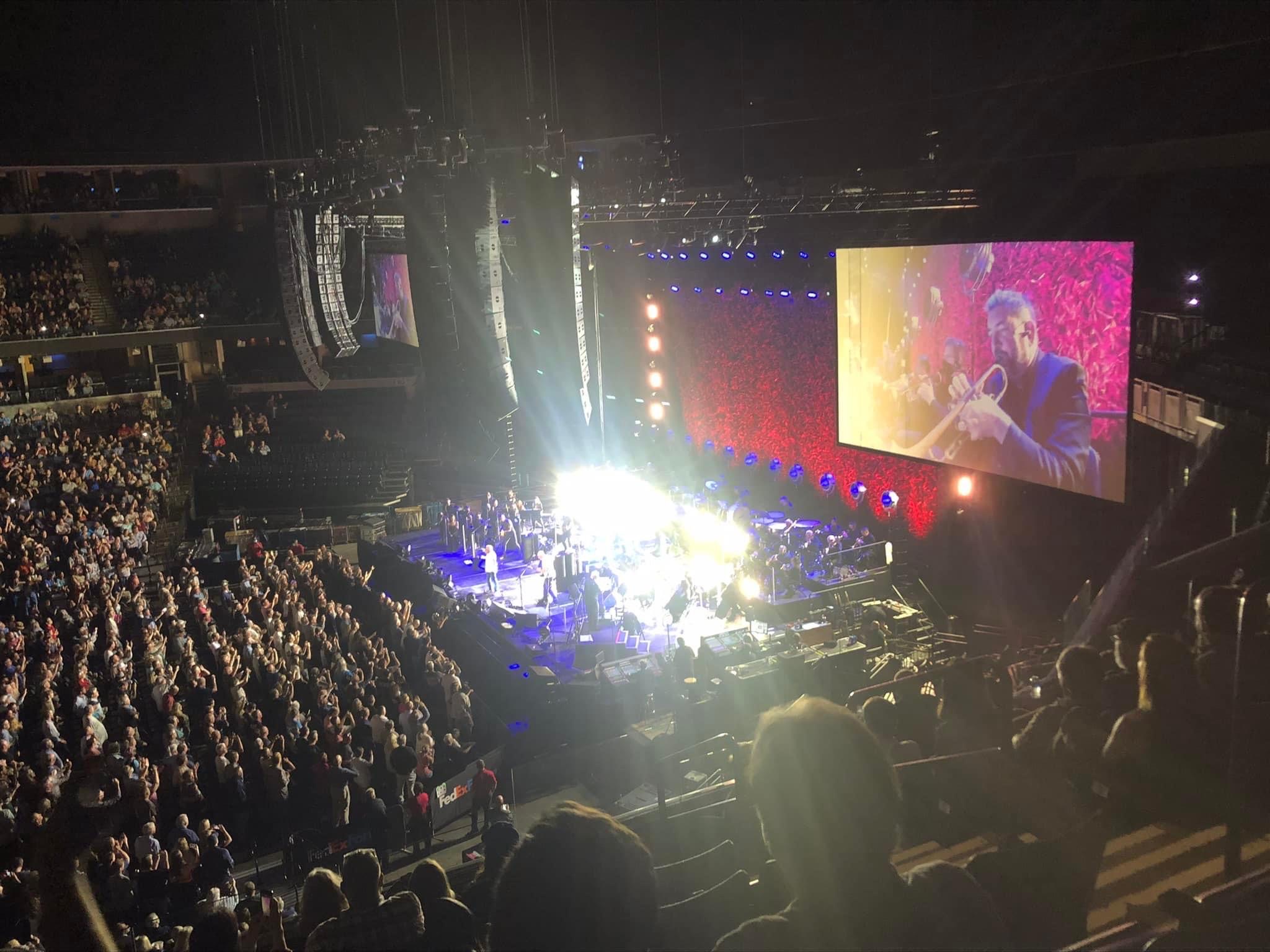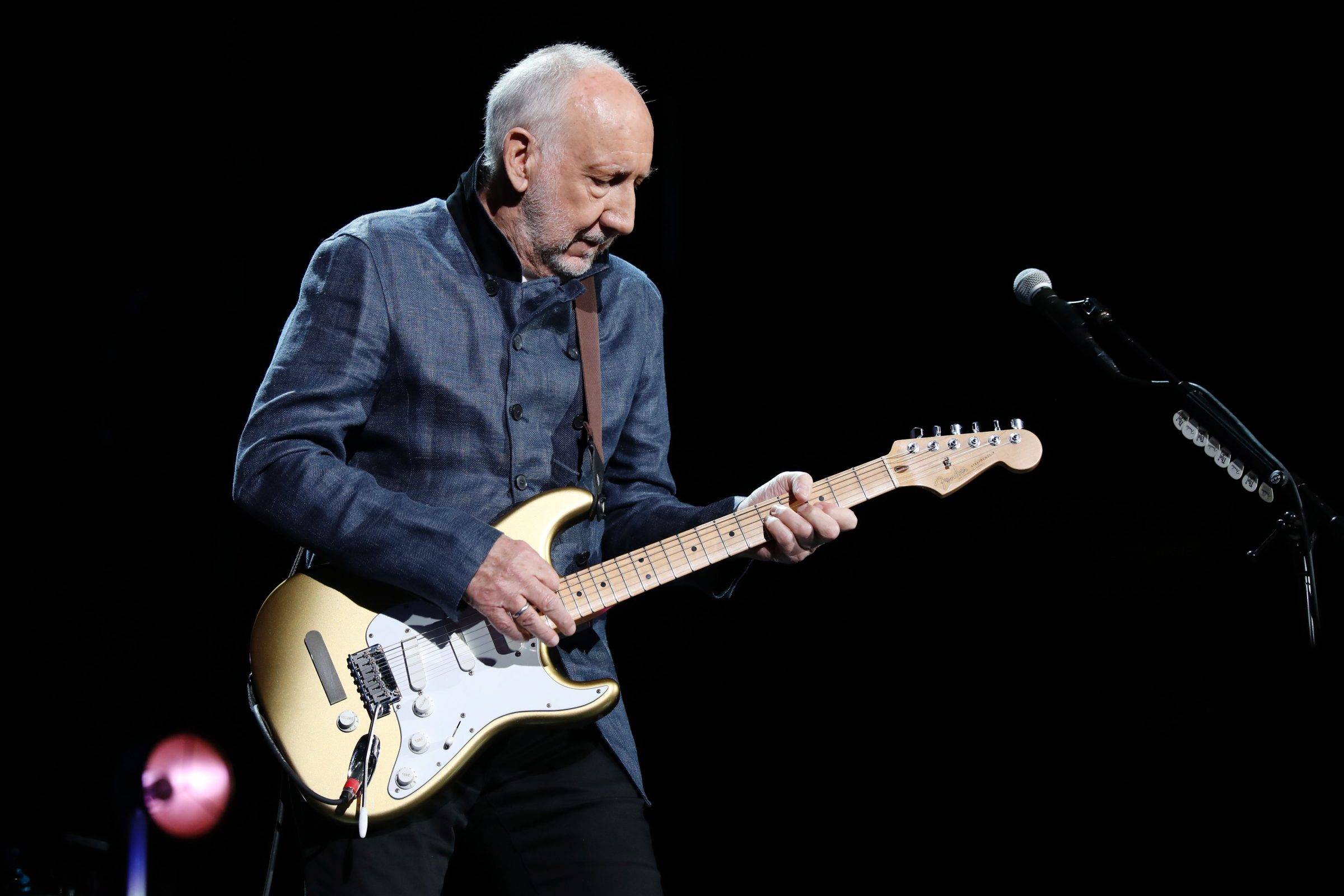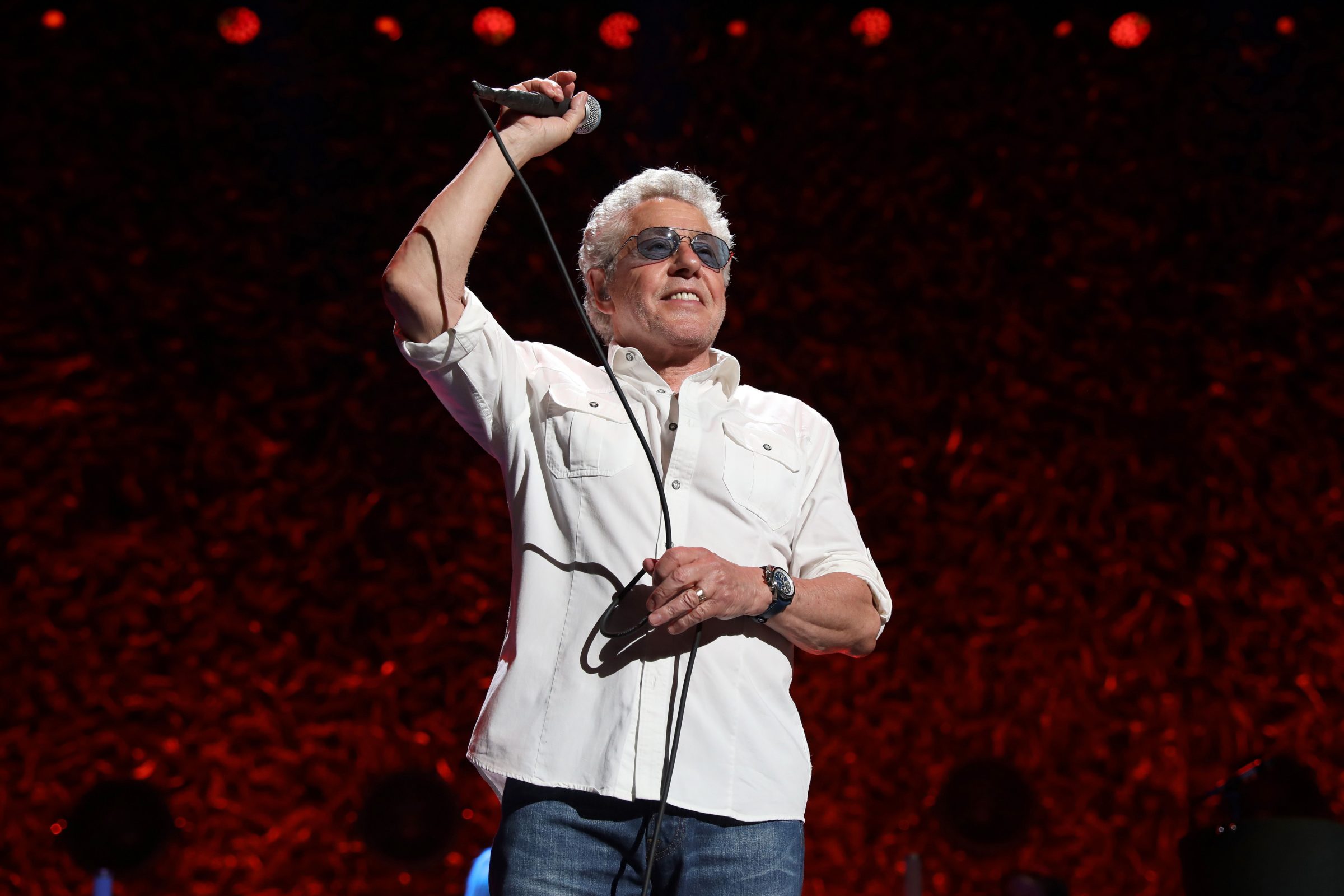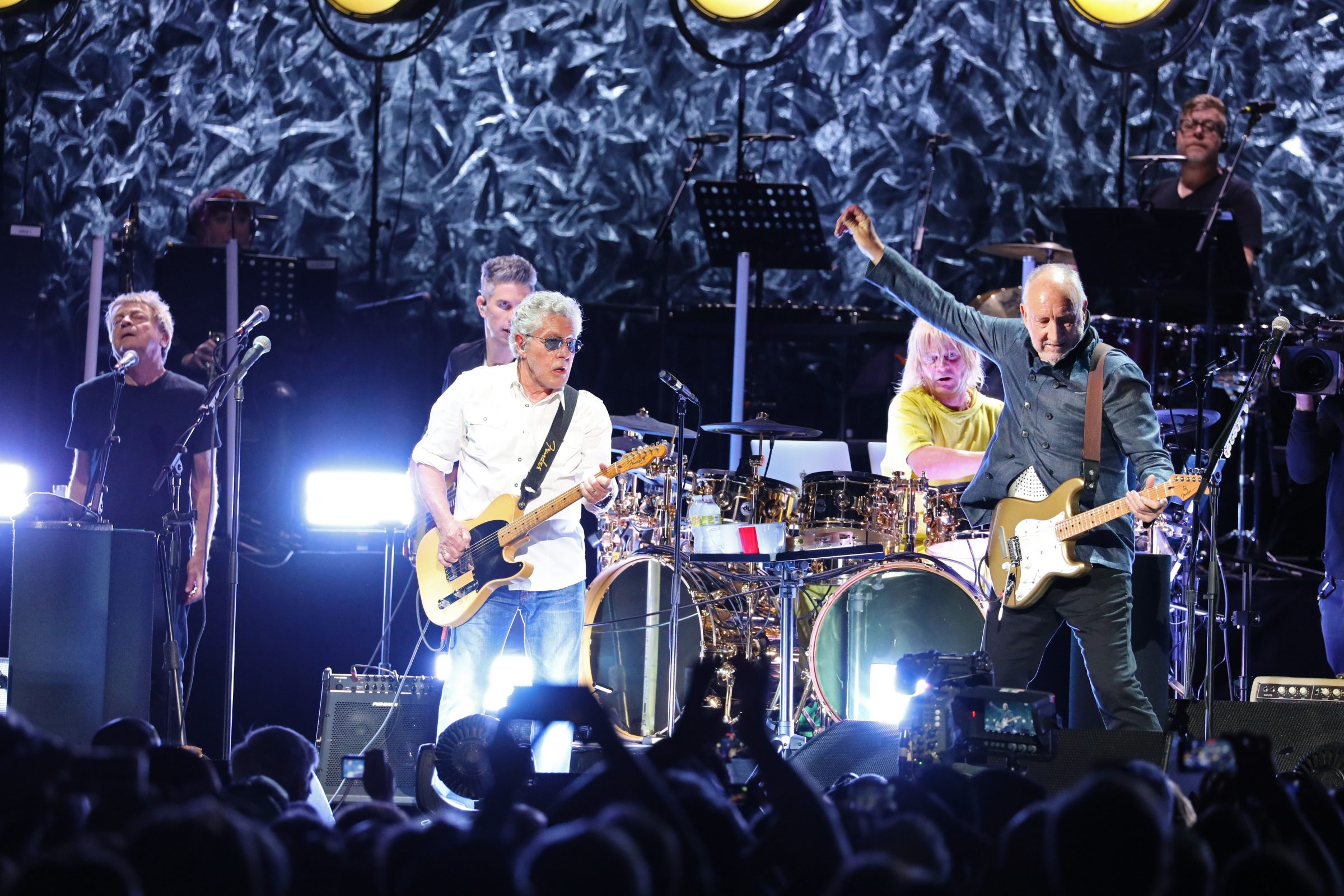Matthew Sweet is the perfect choice to headline the Memphis PowerPop Festival, happening at the Overton Park Shell at 5 p.m. this Saturday, August 31st. Being younger than the likes of the Who, the Raspberries, or Big Star, he’s nevertheless an actively performing link to the originators of the genre — first as a fan. The direct result of the first wave of “power pop” filtering down to younger denizens of the 1970s via radio and funky little record shops, he can well remember the thrill of discovering key LPs back when power pop gems were rare.
Sweet, of course, came to define power pop for a whole new generation after his third album, Girlfriend, blew up in 1991, not coincidentally featuring band members — Richard Lloyd, Robert Quine — who’d appeared on the very records he bought in high school. From the ’90s on, he’s been a reliably rocking and intriguing artist, and continues to mine the power pop vein today, with one album dropping during Covid and another on the way. A common thread through all of his music, as a both fan and an artist, is his love of melody, often paired with rock’s grit. And that, in a nutshell is what power pop is. Naturally, the topic of melody was where my recent conversation with him soon headed.
Memphis Flyer: As it turns out, you and I were growing up in eastern Nebraska at the same time [much discussion of this ensues]. I imagine you were a frequent patron of Dirt Cheap Records in Lincoln?
Matthew Sweet: Most of the records that found their way to me were from my older brother, or from someone recommending them to me at Dirt Cheap. People at Dirt Cheap knew all about everything. So you’d get to know a guy at a record store and he sort of knew what you liked. I remember going in Dirt Cheap one day and seeing one of the 45s that ended up on Singles Going Steady, by the Buzzcocks. That record was one that I really loved, because they were really melodic, but also very new wave.
I think of it as a British Invasion, that kind of new wave, punk, and everything, and it’s interesting, because my concern at the time was, How can I be like an American person, from a new generation or whatever, and do that kind of thing? And that’s why it was so, so critical for me to find [records by] the dBs or Big Star, because they became my American role models. Like on #1 Record, the voices were so pristine and beautiful sounding. The guitars were so incredible. It was everything I loved really melodic stuff that really hit me emotionally. Melody was always really important to me. It’s kind of what I heard first, even before lyrics. Even when the lyrics were important, it was the melodies that I really felt like I had, you know, inside me or something.
There was a lot of surprise in discovering the music then. And now I realize what a special time it was. I love the internet, and I love being able to find out instantly about anything I’m interested in, but back then, records were very special, at least to me and people I knew at the time. A record was this thing that was really personal.
It seems like those melodic records also led you to the South, in a way. The dB’s and Mitch Easter coming out of the North Carolina scene, and Big Star being from Memphis. Were you already into those bands when you moved to Athens, Georgia?
I had all these records in high school. I got into the dBs, and they were the gateway for me to find Big Star. As far as I was concerned, Alex Chilton was, you know, John Lennon, or something. He reminded me so much of Lennon, and does now even, because what I admired about John Lennon was the breadth of emotional things in his songs. He could write very beautiful, tender music that showed he really had a heart, and he could do more edgy stuff that was sort of sassy. And that was also such an Alex thing. From the soft and beautiful to the crazy and weird and electric. And I just loved those records as I was preparing to leave Nebraska, when I got out of high school. I guess that would have been May of ’83. I just told my parents, like, ‘I have to go to college in Athens, Georgia.’
The scene there was still really kind of going, and there was just kind of a magic. Growing up in Nebraska was so different from that Southern Gothic kind of feeling [in Athens]. It was a place that had a much longer history than we had in Lincoln or Omaha, you know. So it really felt kind of heavy and mysterious and kind of magical to me, as an 18 or 19 year old. Yeah, it was amazing.
And now you’re calling me from Athens, where you really got your career going when R.E.M. and that scene was taking off, and where your current full band tour is taking you now, just before playing Memphis. And you’re living in Nebraska again. A lot of full-circle moments are happening these days! How does it feel to hear the new release, WXRT Live in Grant Park, Chicago, IL, July 4, 1993, documenting a live show you and your band played at the height of the Altered Beast era?
It feels so long ago, I wanted it to be called Matthew Sweet, Live in Chicago, 1893. I thought it was funny, but no one would implement it. But that was a really memorable show. The Jayhawks were there, and I love Gary [Louris]. And Chicago was always a great place for me, so I had a lot of support there, not just fans, but from radio. It was one of the places where everything sort of went right, you know? So it’s always been a little bit of a second home area around Chicago. I wasn’t, you know, living in Nebraska at the time, but it still felt closer to home. You know, it was just sort of cool, the big Midwestern city. But maybe the real reason I loved that show was that the next morning, there was a newspaper headline in Chicago that read: The Pope, the Bulls, and Matthew Sweet. My mother came from a giant Catholic family, and she was pretty religious and so, you know, there could be nothing more thrilling for her than me being mentioned in the same breath as the Pope.
And here you are, 1993 is in the far distant past, and you’re still touring with a full band.
And playing this power pop fest! I’ve never heard of such a thing, except maybe in Spain, right? Power pop is a thing there, and we toured there a lot, and did really well. But to think we are in America, at a power pop festival! I heard it may get moved out of the bandshell to an indoor venue, due to weather, but we really want to play the Shell. It’s one of the last bandshells, I think. There’s only a couple left. And, I mean, you know, we’ve all seen those photos of Elvis standing in the middle of that stage…
The Memphis PowerPop Festival, part of the Orion Free Concert Series, takes place at the Overton Park Shell this Saturday, August 31st at 5 p.m., and features Matthew Sweet with openers Abe Partridge and The Sonny Wilsons. An after-party featuring Your Academy, 40 Watt Moon, and Lately David starts at 9 p.m. at B-Side.
